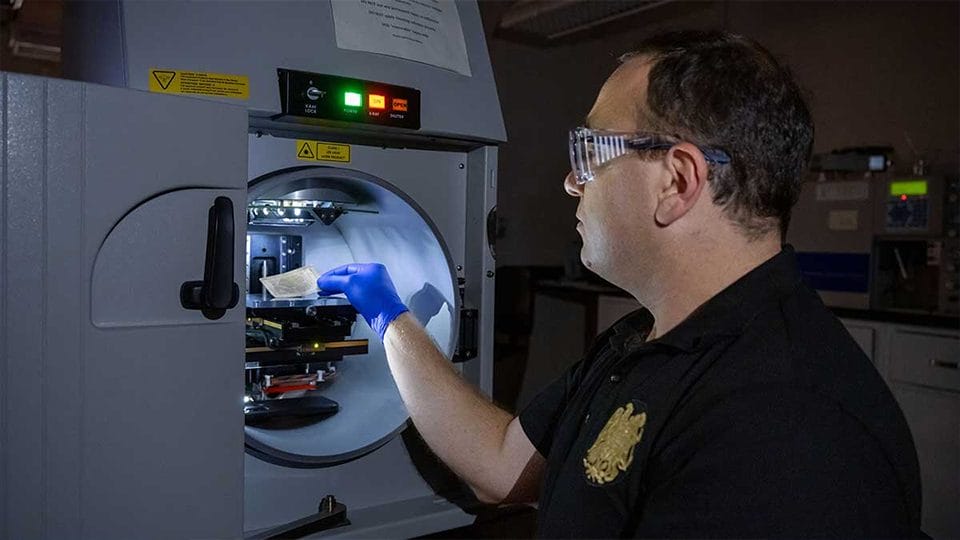Reclion commercializes battery regeneration method developed at Notre Dame
Subscriber Benefit
As a subscriber you can listen to articles at work, in the car, or while you work out. Subscribe Now
South Bend-based startup Reclion Inc. is commercializing a lithium-ion battery regeneration method developed at the University of Notre Dame.
Invented by Khachatur Manukyan, a research associate professor at Notre Dame’s Nuclear Science Laboratory, the patent-pending system uses a chemical reaction that produces its own heat to regenerate the core materials in spent lithium-ion batteries.
With this method, used batteries are restored to nearly their original capacity, making a recycled battery almost as effective as a new one, Manukyan said.
This comes as global concerns over the environmental impacts of mining lithium and other natural resources grow. Notre Dame said the new regeneration system would also be addressing concerns over storage and disposal of used batteries as they contain toxic materials that can leach into soil and water and pose fire risks in landfills and recycling facilities.
“We believe our new method is more efficient, environmentally friendly and cost-effective than current lithium-ion battery recycling techniques,” Manukyan said. “It also saves time, is safer, reduces process complexity compared to the current standard, uses fewer materials and consumes up to 90% less energy than methods used today.”
Lithium-ion batteries, known for storing a large amount of energy in a small, lightweight package, have become among the most common types of batteries used today. Their future use is expected to grow due to their ubiquity in electric vehicles, mobile phones and laptops.
Calling it a significant leap forward in lithium-ion battery recycling efficiency, Manukyan believes this method would also quell growing domestic concerns on the reliance on other countries to source the raw material.
Governments, battery manufacturers and electronics companies have been exploring best practices for recycling used lithium-ion batteries over the past decade, the university said. Currently, the majority of used batteries are not recycled due to the industry’s infancy, exacerbating the environmental and supply-chain concerns.
“Since our method is significantly better than current standards, we are confident that once it is fully validated in the marketplace, it will stimulate demand for lithium-ion battery recycling amongst electric vehicle manufacturers and other heavy users of lithium-ion batteries,” he said. “This will reduce environmentally damaging mining, protect our soil, water and air and decrease reliance on imported materials.”
As the research progresses, Manukyan, who has been hired as a scientific consultant with Reclion, will explore how to scale the process to work with larger batteries. The method currently works only in small quantities, measured in grams and would need to be developed further to work in quantities measured in kilograms.
“As with most inventions developed in labs, scaling up our recycling process will take time and further research,” Manukyan said. “However, we are confident that within one or two years, the method will reach the scale needed to attract a commercial battery recycling partner and thus lead to the first commercial-scale use of our method.”
